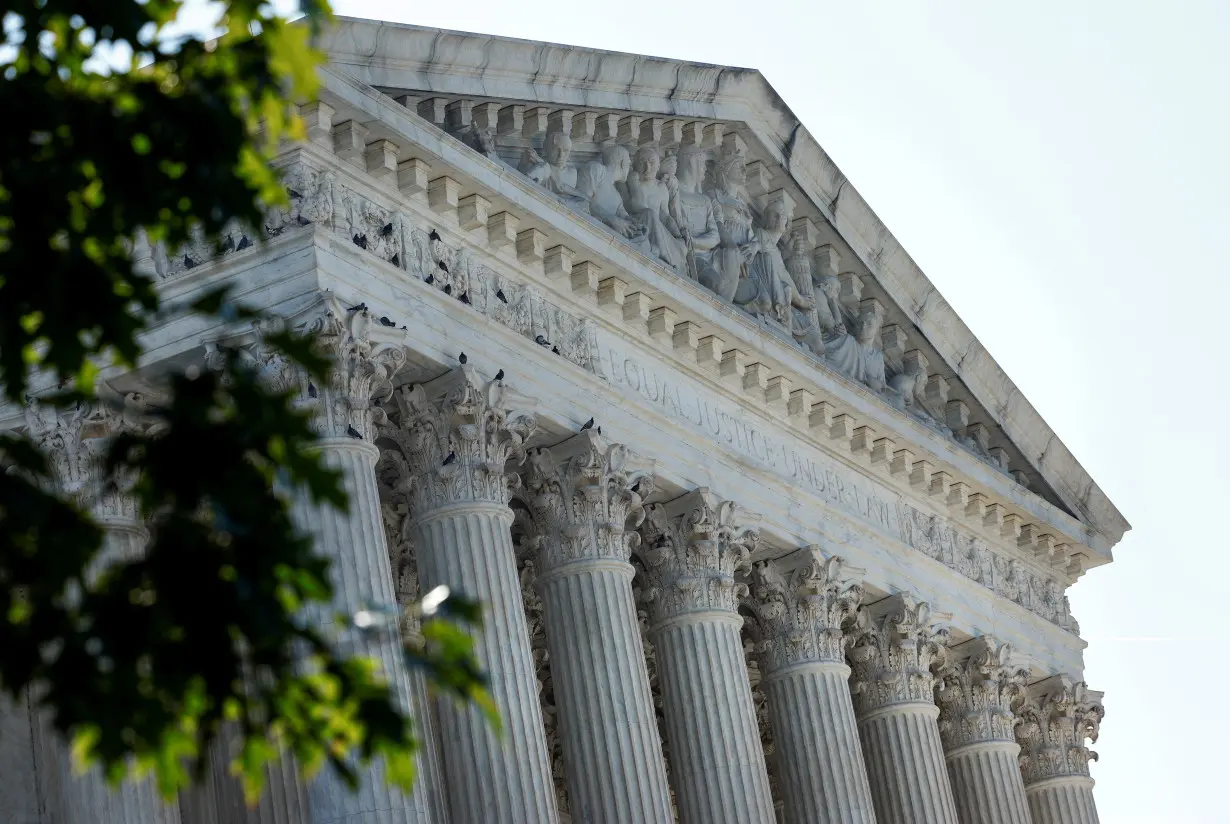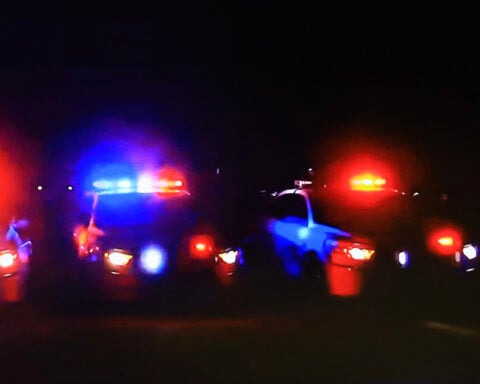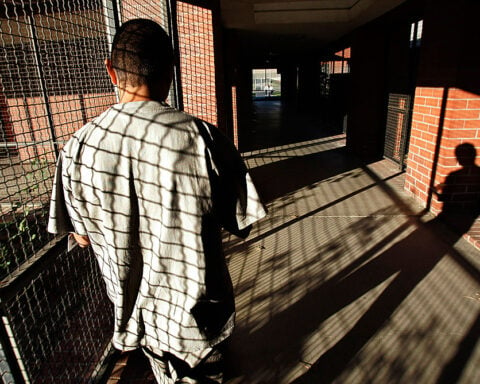By John Kruzel
WASHINGTON (Reuters) - The U.S. Supreme Court may be on the verge of making it even harder to win legal challenges accusing state officials of racial gerrymandering - the illegal manipulation of an electoral district's boundaries to alter its racial composition - to dilute the clout of Black and other minority voters.
The nine justices this week heard arguments in such a case involving the relocation of 30,000 Black residents from South Carolina's 1st congressional district to another one in an electoral map adopted by the state's Republican-led legislature. The Supreme Court has been asked by the litigants to rule on the legality of the map by the end of the year.
The legal battle is being waged in the run-up to the 2024 congressional elections in which Democrats are hoping to win the 1st district as they try to regain control of the U.S. House of Representatives from Republicans. Black voters tend to favor Democratic candidates.
Gerrymandering involves redrawing electoral district boundaries to marginalize a certain set of voters and increase the influence of others. The Supreme Court in 2019 forbade federal courts from intervening in cases involving gerrymandering done for partisan advantage. Gerrymandering predominantly driven by race remains illegal.
Legislative districts across the United States are redrawn every decade to reflect population changes. South Carolina's 1st district was reconfigured during this redistricting process for the state's seven U.S. House districts.
The Supreme Court's conservative justices, holding a 6-3 majority, on Wednesday appeared ready to embrace the argument made by the Republican officials defending the map that it was legally crafted to achieve a partisan advantage and not with a racial motive.
"Such an outcome would send a terrible signal to states that they can hide behind political defenses even when their means to get there is by excessive uses of race and/or minimizing the voting power of racial minorities," said civil rights lawyer Leah Aden of the NAACP Legal Defense Fund, who argued the case for the plaintiffs on Wednesday.
A federal three-judge panel in January blocked the map, ruling that it sorted voters along racial lines and reduced the influence of Black voters in violation of the U.S. Constitution's 14th and 15th Amendments, which guarantee equal protection under the law and prohibit race-based voting discrimination.
A group of Black voters sued to block the use of the reconfigured district.
Jason Torchinsky, a lawyer with the firm Holtzman Vogel who filed a brief supporting South Carolina's position on behalf of the district's incumbent congresswoman Nacy Mace and five other Republican members of the state's congressional delegation, called the litigation politically motivated.
"What these plaintiffs in these cases are doing is basically bringing partisan gerrymandering claims and trying to dress them up as if they're racial gerrymandering claims," Torchinsky said. "That's what's going on here, and I think the justices are seeing that."
A HEAVY BURDEN
Plaintiffs in racial gerrymandering cases long have borne a heavy burden.
To win, they must prove that race was the predominant factor in an electoral map's design, even in instances in which a strong correlation exists between race and party, as in South Carolina where Black voters overwhelming vote Democratic. Typically, plaintiffs lack any direct evidence revealing an intent to discriminate by those who devised the map.
In this case, the three-judge panel backed the plaintiffs. The new map increased the district's share of white voters while reducing its share of Black voters, which the panel referred to as "bleaching."
"Here's a case where the state legislature targeted Black voters out of their home district to buttress Republican voters," said David Gans, a lawyer with the Constitutional Accountability Center liberal legal group who filed a brief supporting the South Carolina challengers. "But we heard some of the conservative justices say that's not a constitutional problem."
"The bottom line is it would be much harder to bring a racial gerrymandering claim where a state is saying that it sorted voters to achieve a partisan end," Gans added, "even if it used race as the means to do so."
Harvard Law School professor Nicholas Stephanopoulos, a redistricting expert, said if the Supreme Court reverses the lower court, "it will be even more important for plaintiffs in future cases to disentangle race from party."
One way challengers could do so is by submitting an alternative map that achieves the state's partisan goal but does not artificially inflate or deflate the minority population of the challenged district, Stephanopoulos added. None of the maps produced by the South Carolina plaintiffs maintained Republicans' electoral advantage in the district.
John Gore, the lawyer who argued on Wednesday on behalf of the South Carolina officials, suggested that the alternative map requirement had already been imposed by the Supreme Court's prior rulings - an assertion rebuffed by liberal Justice Elena Kagan, who authored one such ruling.
"I'm going to butt in," Kagan said, cutting off Gore. "The alternative map requirement, I mean, doesn't exist."
Among the court's conservatives, some clearly believe that alternative maps "are necessary in cases like this," Torchinsky said, adding that plaintiffs have failed to produce them "because they can't."
(Reporting by John Kruzel; Editing by Will Dunham)

 Bangladesh Supreme Court acquits ex-Prime Minister Zia, clearing the way for her to run in elections
Bangladesh Supreme Court acquits ex-Prime Minister Zia, clearing the way for her to run in elections
 British author Neil Gaiman denies ever engaging in non-consensual sex as more accusers come forward
British author Neil Gaiman denies ever engaging in non-consensual sex as more accusers come forward
 A look at the events that led up to the detention of South Korean President Yoon Suk Yeol
A look at the events that led up to the detention of South Korean President Yoon Suk Yeol
 Two private lunar landers head toward the moon in a roundabout journey
Two private lunar landers head toward the moon in a roundabout journey
 TikTok preparing for U.S. shut-off on Sunday, The Information reports
TikTok preparing for U.S. shut-off on Sunday, The Information reports
 Japan's Makino Milling requests changes to unsolicited bid from Nidec
Japan's Makino Milling requests changes to unsolicited bid from Nidec
 As Los Angeles burns, Hollywood's Oscar season turns into a pledge drive
As Los Angeles burns, Hollywood's Oscar season turns into a pledge drive
 As fires ravage Los Angeles, Tiger Woods isn't sure what will happen with Riviera tournament
As fires ravage Los Angeles, Tiger Woods isn't sure what will happen with Riviera tournament








